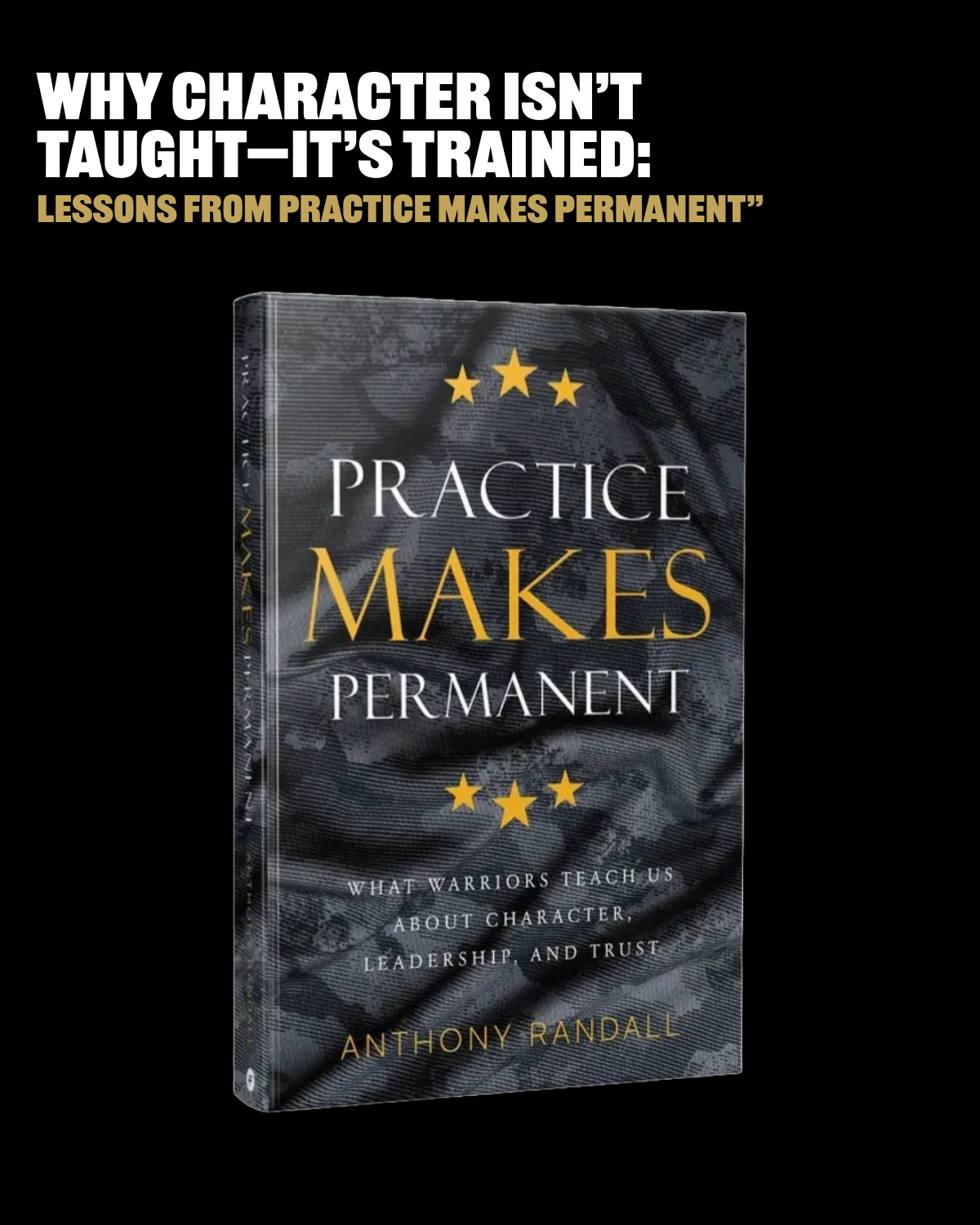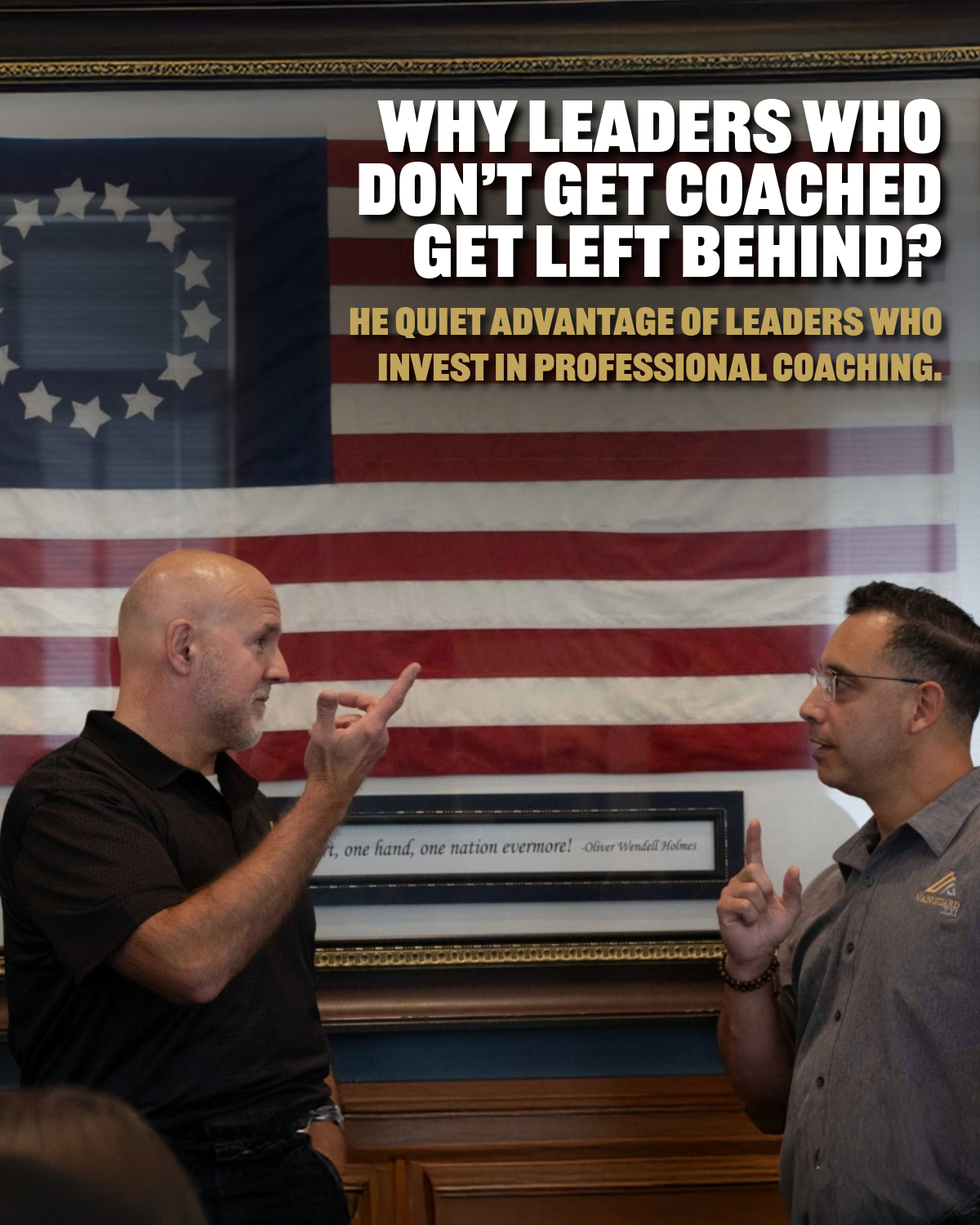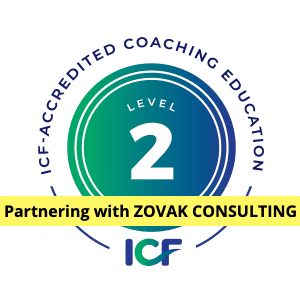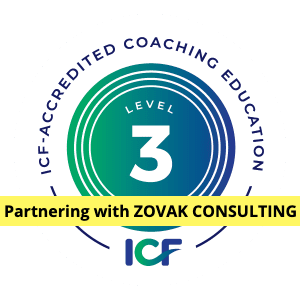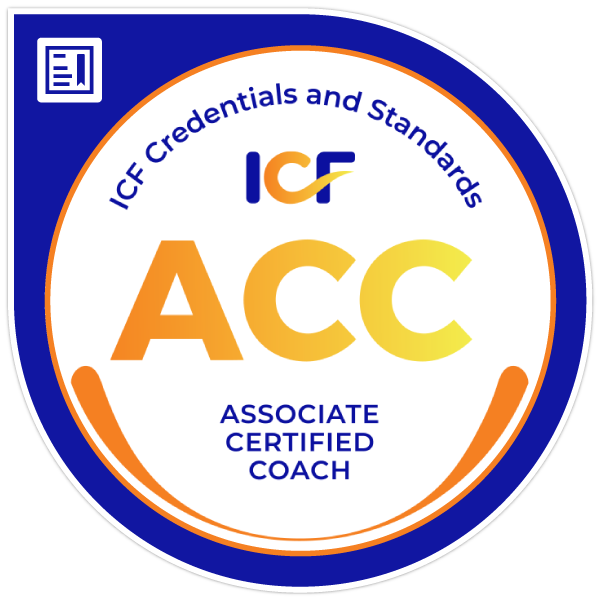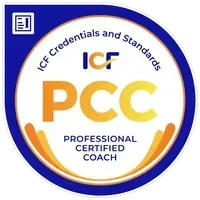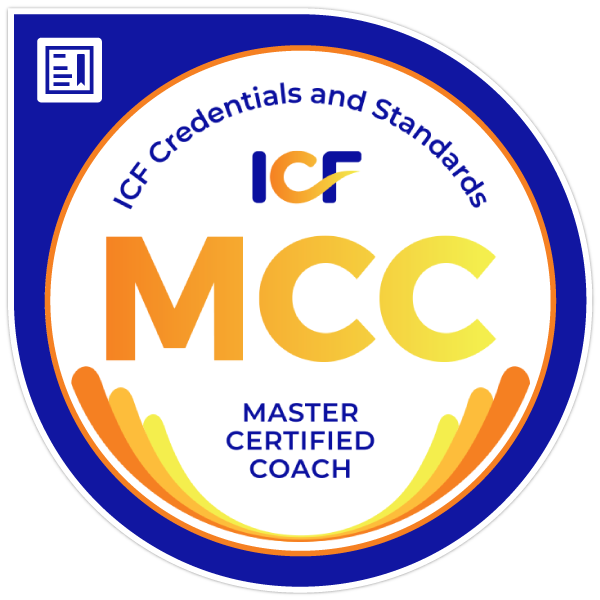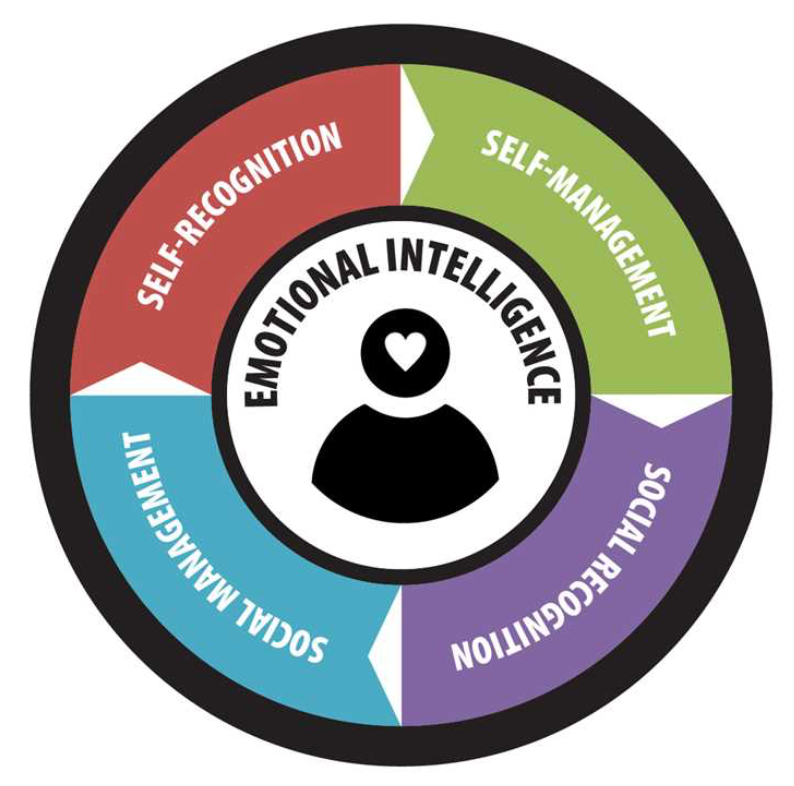Cultivating a Growth Mindset in Your Organization: Where to Start
In today’s ever-changing world, organizations that thrive are not just those with the best strategies or tools—they’re the ones that foster a mindset of continuous learning and adaptability. That’s where a growth mindset comes in.
Coined by Dr. Carol Dweck, a growth mindset is the belief that abilities and intelligence can be developed through dedication, feedback, and effort. It stands in contrast to a fixed mindset, where people see talent as natural and unchangeable.
If you’re looking to bring a growth mindset into your organization, here’s where to start:
1. Model It from the Top
Change begins with leadership. Leaders must show what it looks like to take risks, make mistakes, and learn from them. Share stories of setbacks and lessons learned. Celebrate progress (no matter how small), not just results.
When leaders admit what they don’t know and demonstrate a willingness to grow, it gives permission for others to do the same.
2. Make Feedback Normal (and Safe)
Organizations with a growth mindset don’t just tolerate feedback—they search for it. Create a culture where feedback flows in all directions: top-down, bottom-up, and peer-to-peer.
Safety is key. People need to know they can speak up, ask questions, or try new things without fear of embarrassment or retribution.
3. Recognize Effort and Learning, Not Just Outcomes
Growth doesn’t always show up in numbers. Recognize behaviors like perseverance, curiosity, collaboration, creativity, and problem-solving—even when the results aren’t perfect.
Shift your praise from “You’re a natural at this” to “Your hard work, determination, and strategy really paid off.”
4. Invest in Development
Support your people’s growth with meaningful learning opportunities: coaching, mentorship, stretch assignments, and accessible leadership training programs. Give them room to expand their skills and explore new paths.
And don’t just develop your top-level leaders. Develop your managers as they are often the ones who shape team culture day-to-day.
5. Reframe Failure
In a growth mindset culture, failure isn’t the end—it’s data. As Thomas Edison once said, “I have not failed. I've just found 10,000 ways that won't work.” Ask: What did we learn? What would we do differently? What systems or assumptions need to be challenged?
When teams are encouraged to experiment and iterate, innovation follows. Who knows what “lightbulb” is waiting to be discovered.
Final Thoughts
Cultivating a growth mindset in your organization isn’t about motivational posters or buzzwords. It’s about creating an environment where people are safe to learn, motivated to improve, and empowered to contribute.
Start small. Start real. Start now.
Because when your people grow, your organization grows with them.
